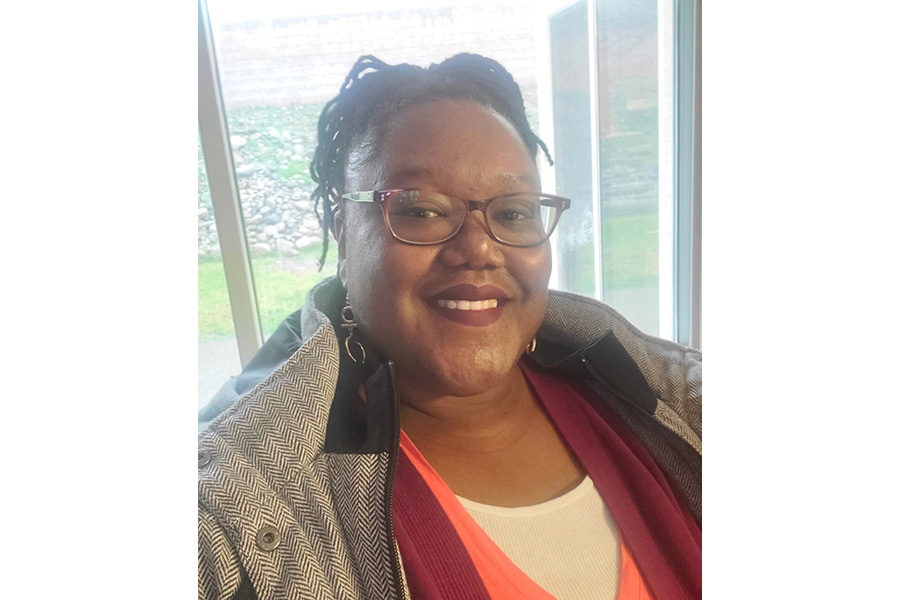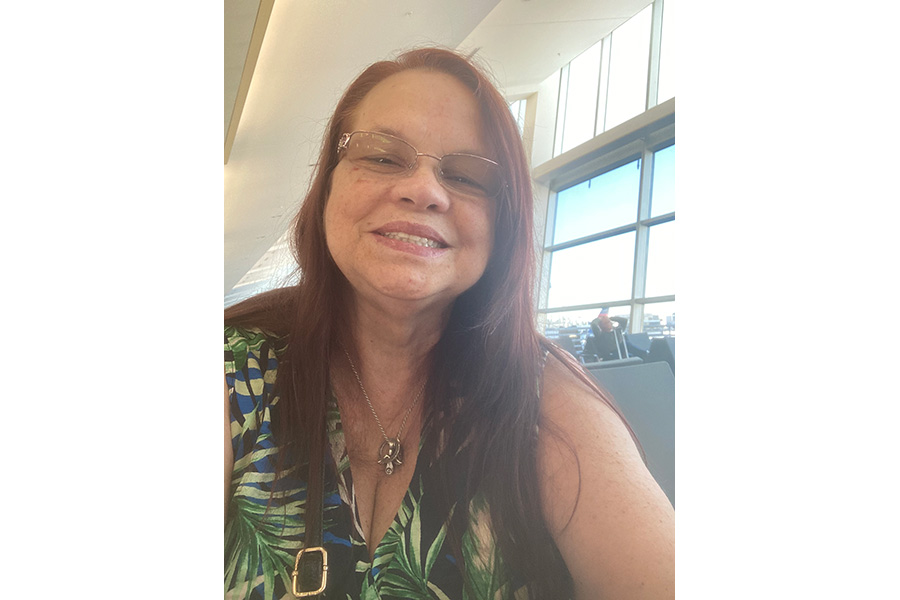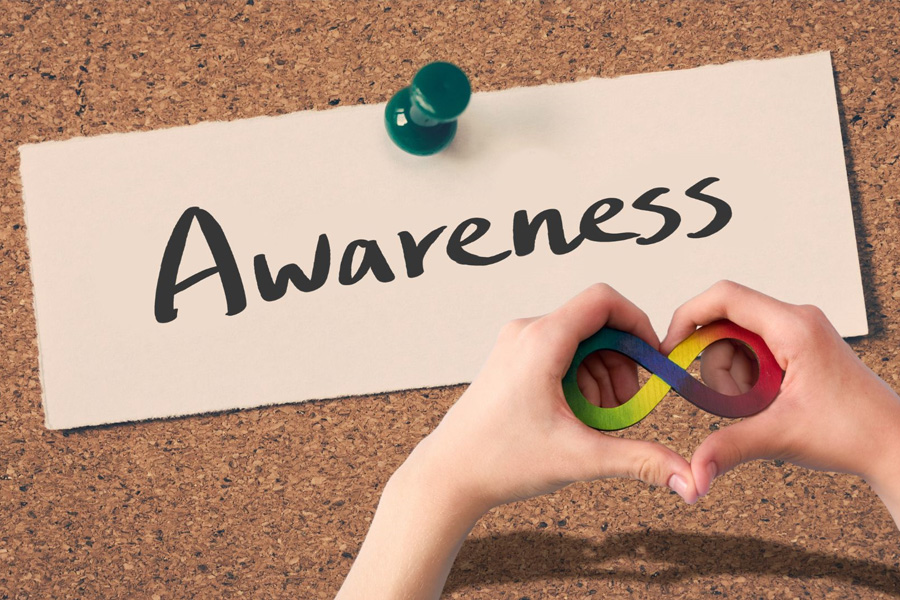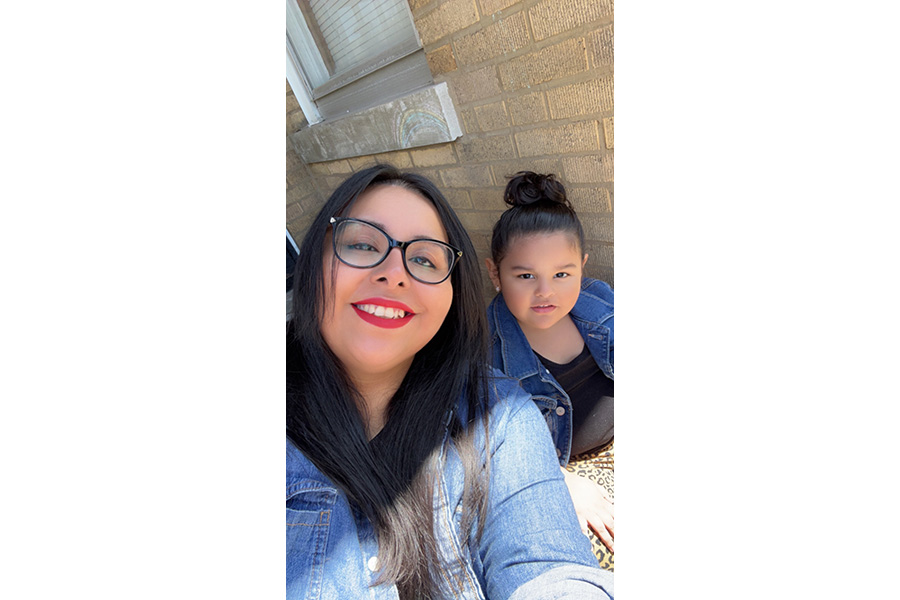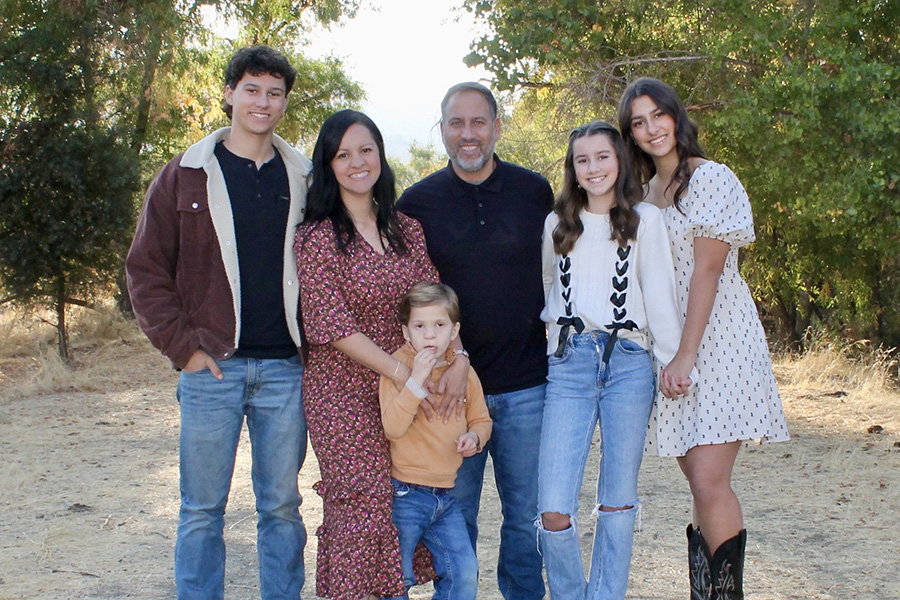“Special needs:” Parents of special needs children hear the term constantly. To them, it often holds a different meaning than it does for parents of typical children. Although some may see it as derogatory, others view it as a way to describe the supports and services that some children need to thrive.
We’ve heard the term, “special.” The word currently defines an entire community of disabled people. They have “special needs,” they may require “special accommodations,” or are eligible for “special education.”
Unfortunately, these words have been used in a derogatory manner over the years. People use them to insult each other’s intelligence or belittle it. It is shameful and insulting. I wish it didn’t happen. This is despite the fact that terms like “special needs” cover a wide range of disabilities, not just mental, but physical as well.
It is because of this negative association that we parents of special needs children worry. We worry about how our child is perceived at school, to friends, to the world. We battle with the terminology ourselves, especially when people say things like, “Well your child doesn’t look/act like they have special needs.”
Schools have tried to be sensitive to the term, although it is bittersweet. For example, my son’s school yearbook does not use the term “special education” to define any student’s class even though the teacher is listed as an SDC (Special Day Class) teacher. Such efforts are made with the best intentions, but they still imply that special needs are not something to speak of.
Please don’t get me wrong, I understand the sensitivity. I don’t have any outright solutions to change the perception of the word “special” other than talking about it.
To me, “special” terminology is simply a classification listed on an IEP (Individual Education Plan) for services, education, and accommodations. It does not mean my child is better or worse than any other child. It just means that these services are in place so that my child can learn in the least restrictive environment on equal-as-possible footing with his typical peers.
Our special needs children are unique, they are wonderful, and they have the same legal rights as any other child in this country. However, their road is more difficult. People make assumptions and judgments. People don’t always assume competence. Our children are already being stigmatized whether their disability is hidden or whether they wear it on their sleeve.
All we can do as parents is own the term. Explain to our kids on a level that they can understand who they are, what rights they are owed, and the tools they may need to have a good quality of life. We teach them how to navigate that path, how to speak up for themselves in IEP meetings when they are old enough to attend. Some of us will have to advocate for our children their entire lives. That is the reality.
So right now, this is the terminology we have. This is what we are working with. We, as parents of special needs children do the best we can. That is all we can do.









